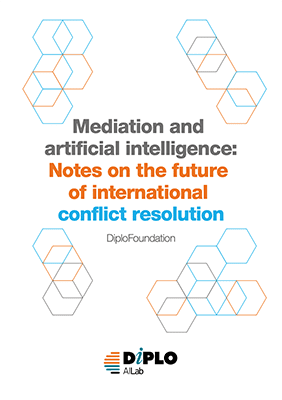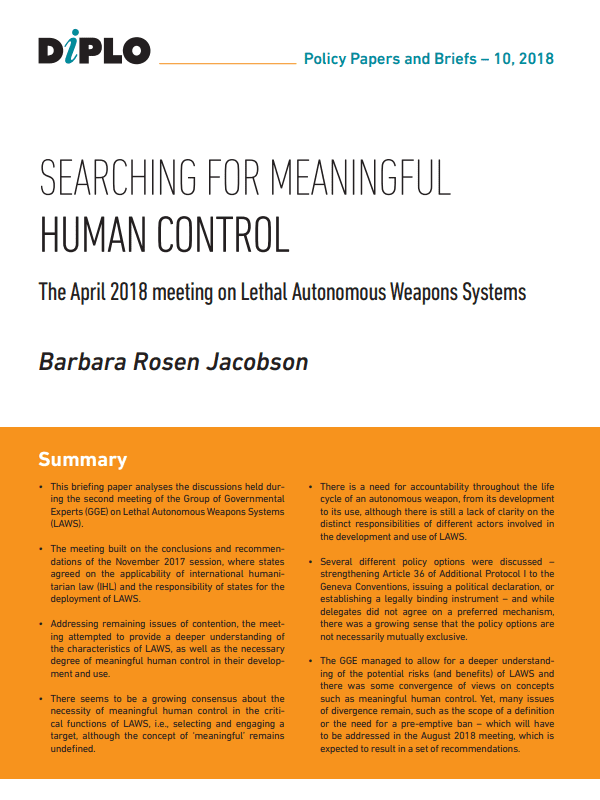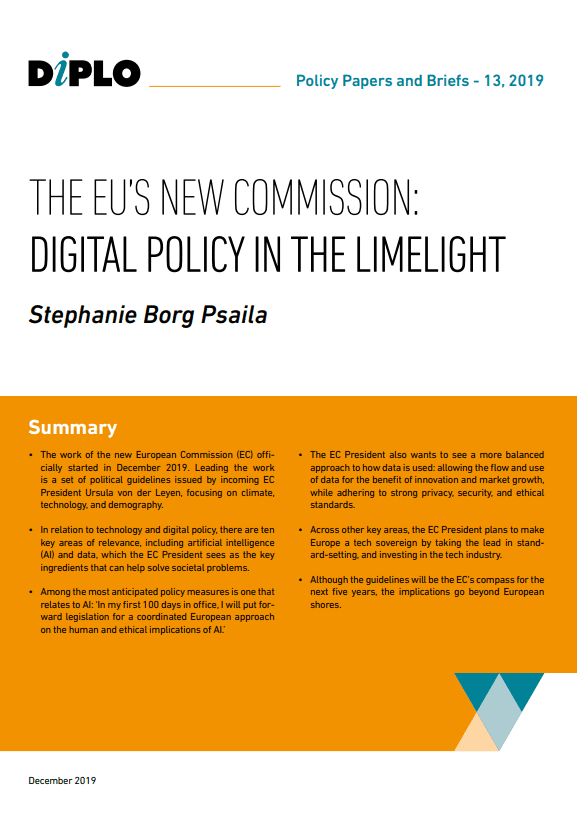Authors: Jovan Kurbalija | Anita Lamprecht
AI Apprenticeship: Learning about AI by developing AI

AI Apprenticeship presents a forward-looking model for developing essential skills in the AI era. Drawing inspiration from the Swiss system of vocational training, widely regarded as the ‘gold standard’, the authors make a compelling case for using apprenticeship-based learning to equip individuals with the knowledge and practical expertise needed for artificial intelligence. By combining theoretical learning with hands-on experience, this approach enables professionals, from policymakers to technical specialists, to engage meaningfully with AI.
At the heart of the AI Apprenticeship concept is a clear idea: people learn best through active involvement. Guided, project-based learning allows participants to build and deploy their own AI applications. This process not only builds critical skills, but also helps demystify the technology while deepening understanding of its ethical, societal, and governance dimensions. The publication describes AI as both the subject of study and a tool for learning, which transforms education into an interactive and exploratory process.
DiploFoundation’s AI apprenticeship programme is highlighted as a successful case study, particularly in the context of international diplomacy and public policy. Participants, many of whom have no technical background, learn to create functioning generative AI tools. This demonstrates that practical AI knowledge is both accessible and urgently needed. The study also explores how such apprenticeship models can be scaled to address global challenges such as the AI skills gap, inclusive development, and responsible governance.
By connecting Switzerland’s well-established apprenticeship tradition with today’s digital transformation, the publication outlines a clear and adaptable blueprint for AI capacity development. It calls for coordinated national strategies, international cooperation, and flexible lifelong learning opportunities to ensure that the benefits of AI are broadly shared. The future of work, as the authors argue, depends on practical learning that is grounded in ethics, shaped by experience, and centred on people.

To read the full book please register below
By clicking on the Register button, you are agreeing to our Privacy policy.
If you are unable to register to receive this book, please contact us at diplo@diplomacy.edu.





